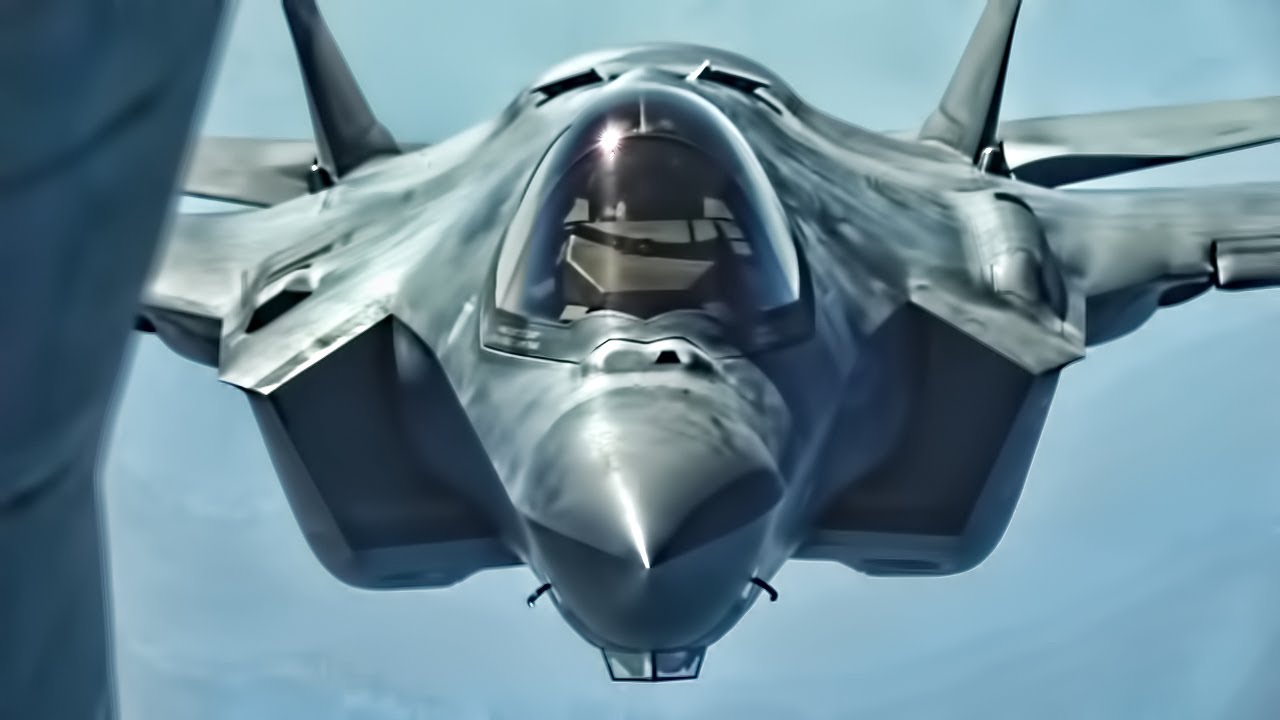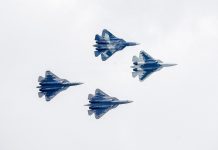The US is willing to readmit Turkey into the F-35 program if Ankara addresses Washington’s reservations about the S-400 air defense system that it acquired from Russia, according to Deputy Secretary of State Victoria Nuland.
Nuland was visiting Turkey following its approval of accepting Sweden into the North Atlantic Treaty Organization (NATO). Only recently, Washington approved the sale of F-16 fighters to Turkey and 40 F-35s to Greece.
Turkey was expelled from the consortium that manufactures the F-35 fighter in 2020 under the Countering America’s Adversaries Through Sanctions Act (CAATSA). It was expected to receive 100 F-35 aircraft and had made an advance payment of $1.4 billion for the program.
The S-400 surface-to-air missile (SAM) system is believed to detect stealth, while the F-35, too, has advanced electronic intelligence (ELINT) that can identify the radar’s emissions, making the two mutually vulnerable weapons systems.
‘Solve S-400 Issue To Resume F-35 Negotiations’
“Obviously, if we could get through this S-400 issue, which we would like to do, the US would be delighted to welcome (Turkey) back into the F-35 family. But we have to settle this other issue first,” Nuland told Turkey’s CNNTurk.
“Secretary Blinken asked me to reinvigorate the rest of our relationship and get back to talking about what we need to do in 2024, including preparing for the NATO summit in Washington in July,” Nuland added.
“We were in the process of negotiating the Patriot sale, and while those negotiations were going on, Turkey went in another direction…Frankly, if we can resolve this S-400 issue, which we want to do, the USA would be pleased to welcome Turkey back into the F-35 family. But we must solve this other issue first, and while we solve it, we must also ensure that Turkey has a strong air defense,” she said.
Nuland said this in response when pointed out that Turkey did not receive the Patriot missile as promised, suggesting this was the reason it selected the S-400 as an alternative.
CAATSA sanctions were thus “triggered” after the Turkish government’s “decision to purchase S-400 from the Russian Federation.” When the S-400 issue is “overcome…the CAATSA issue will disappear, and we can return to F-35 negotiations.”
A White House statement said, “Turkey’s decision to purchase Russian S-400 air defense systems renders its continued involvement with the F-35 impossible.” “The F-35 cannot coexist with a Russian intelligence collection platform that will be used to learn about its advanced capabilities.”
She also touched upon Turkey’s acquisition of 40 US-made F-16 Block 70 jets and modernization kits, part of a $23 billion program that needs Congress approval.
US lawmakers were persuaded that “Turkey’s development of the F-16 fleet is very important for American security, and that being fully active and participating at this level is important for burden sharing among the allies.” “Turkey’s acquisition of these jets is a priority for the USA,” she added.
US Laid A Trap Of Carrot & Sticks
How the US sequentially timed its incentives, offers, and pressure points in order to force Turkey to concede to Washington’s demands that played out in a matter of days is fascinating.
Long wanting to modernize its air force and maintain a regional military balance, Turkey ensured its parliament finally ratified Sweden’s NATO membership and deposited the ‘instrument of ratification.’
The US then reciprocated by approving the F-16 sale to Ankara. But then it also immediately announced the F-35 sale to Greece, Turkey’s arch-rival.
Knowing fully well it would tilt the military balance in the Mediterranean towards Greece, Turkey, and the US knows the former would need a comparable aerial platform. Simply having an F-35 killing S-400 would not be enough. Its only option would be to possess its own F-35 fleet.
Aware the Turks would make this calculation, Nuland revealed the offer to reopen the doors for Turkey into the F-35, most likely stunning Turkish defense officials.

Military Dynamics
Interestingly, the US, too, is keen on selling the F-35s to Turkey. If Greece operates its stealth fighters, Ankara could be forced to activate its S-400 batteries, which could challenge and reveal F-35’s stealth secrets.
Currently, Turkey is enforcing an arrangement with the US that keeps its S-400s in a deactivated mode. Even more curiously, the presence of F-35s with both Turkey and Greece benefits Russia too.
Assuming Turkey does not take the US offer (of the F-35 being back on the table in return for its S-400s) and simply decides to rely on the Russian missile system to challenge the Greek F-35s, the stealth jets would certainly be compromised. But they, too, would gather tell-tale ELINT about the S-400s. Officials from the F-35 Joint Program Office (JPO) and Lockheed Martin would have access to the Greek F-35’s missions computer database for a significant amount of time since the procurement also includes personnel training, service, and logistics support.
Moreover, the Greek F-35s would have greater ELINT and electronic warfare (EW) capabilities if they were the Technology Refresh-3 (TR-3) and Block 4 variants. It now remains to be seen how Turkey responds to the US bombshell.
- The author can be reached at satamp@gmail.com
- Follow EurAsian Times on Google News




